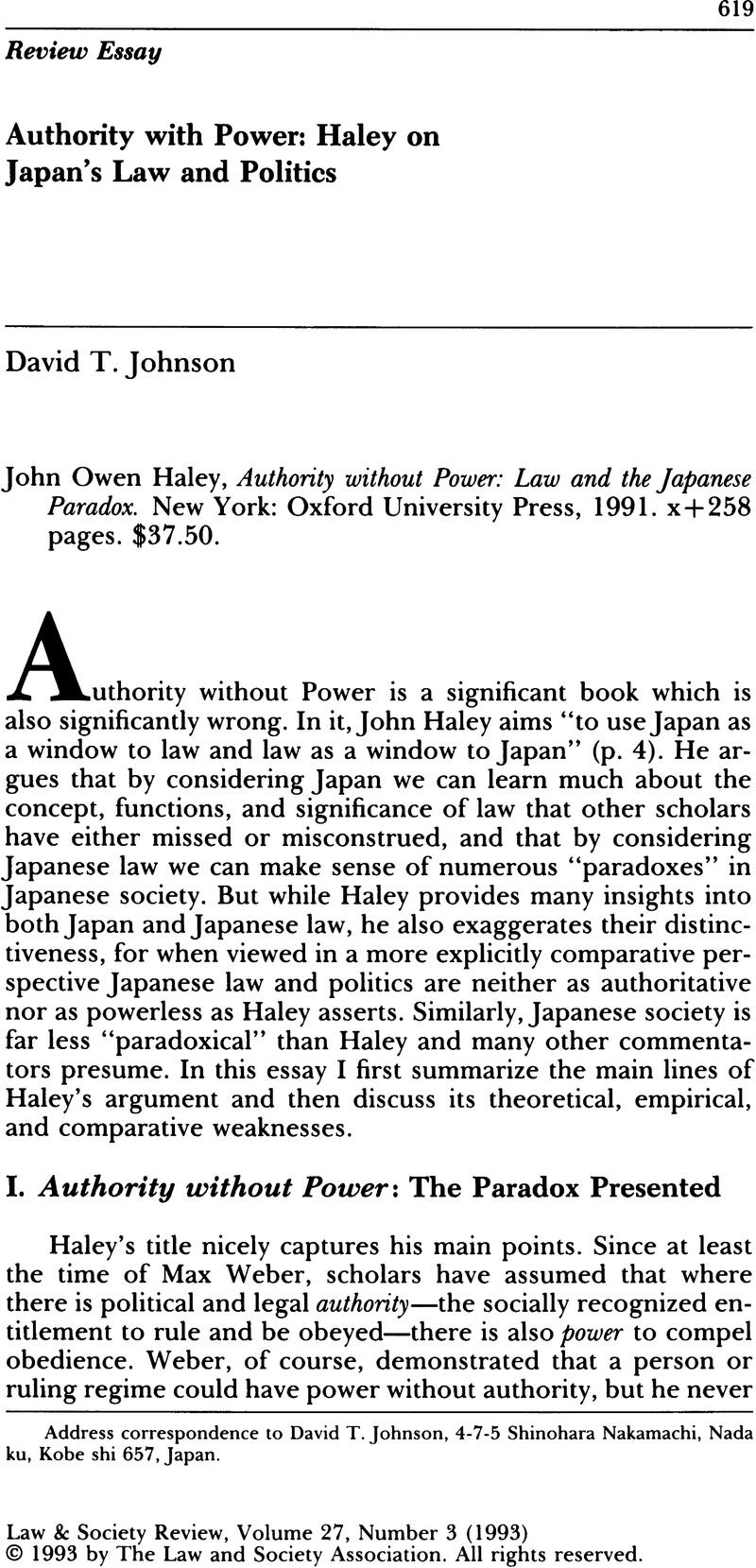Crossref Citations
This article has been cited by the following publications. This list is generated based on data provided by Crossref.
Winn, Jane Kaufman
and
Yeh, Tang-chi
1995.
Advocating Democracy: The Role of Lawyers in Taiwan's Political Transformation.
Law & Social Inquiry,
Vol. 20,
Issue. 02,
p.
561.



